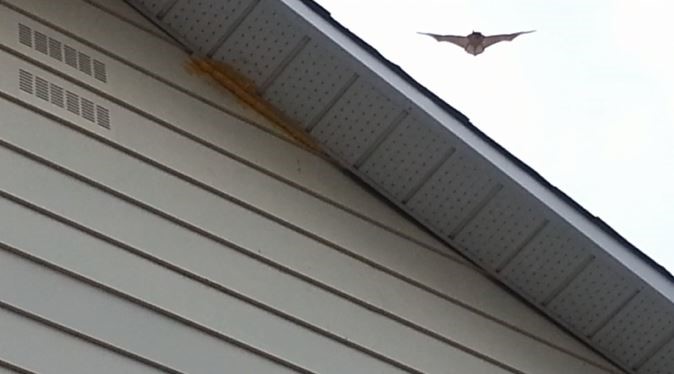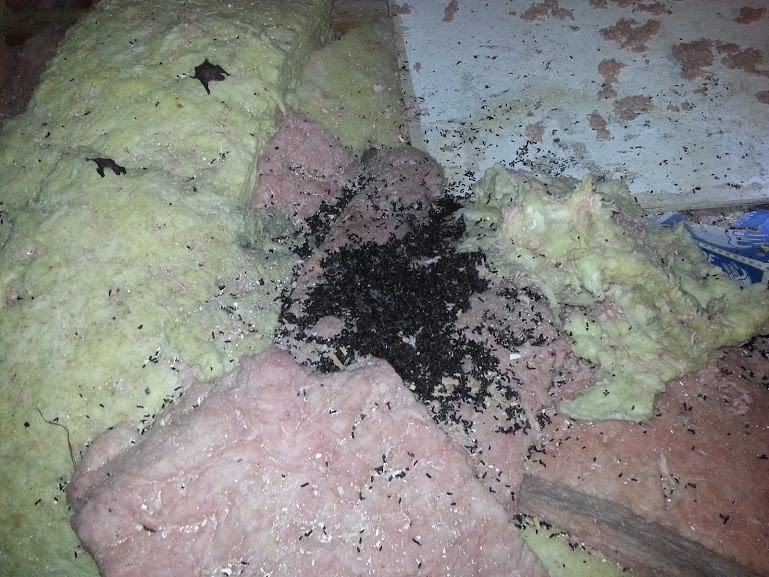Mississauga has grown quite a bit over the last 25 years. Many of the natural places bats live have been converted into suburbia. This means they have to find other locations for roosts. With the development of communities, bats have resorted to finding more contemporary dark, warm and dry homes.
A bat’s diet is almost strictly insects. So, they are attracted to locations with a high food supply. Normally they will roosts near good foraging habitats such as fields, forests or water. Bats also need good commuting environments where their echolocation is useful to navigate from their roost to the nearest meal.

Mississauga’s most common species of bat are the little brown bat and big brown bat. Both have similar tendencies. They have three different roosting sites. Day and nights roosts tend to be closer together and serve as their home during warmer months. Night roosts are usually more constrained so the bats can squeeze together for warmth. Also, they are used more as places to rest after feeding. Hibernation roosts are generally in warm and dry places such as natural hollows or buildings. Bats usually hibernate between early September and mid-May. Nursery roosts are built in the summer while the females give birth. Any of these sites can be found in your home’s attic or walls.
Bats need different roosting conditions for each part of the year. The accumulation of houses and buildings in Mississauga offer excellent locations for bats to call home. They have adapted from living in nature to finding houses, barns and sheds great places to be. Although the little brown bat and big brown bat might have many different roosts during the year, once they’re in your home there will be a source of bats year round.

The nocturnal animal can squeeze into the tightest holes in your roof, siding and soffit. Going into fall, bats in the attic are a common concern for Mississauga residents. If you find evidence of bats roosting on your property reach out to Mississauga’s Skedaddle Humane Wildlife Control.
Skedaddle has the experience and know how to humanely remove and exclude bat colonies. We start by inspecting your home from top to bottom to determine how and where bats are entering the structure as well as identifying any damage.
If you suspect your attic might be home to a colony of bats it’s important to act quickly. Call today – 416-417-2939!


